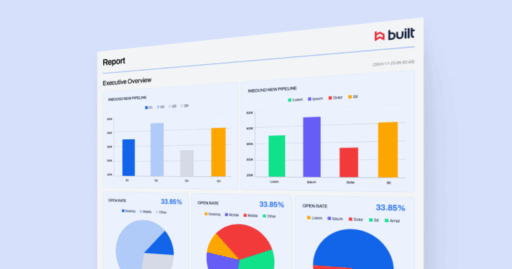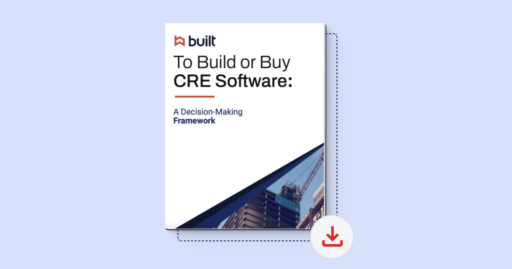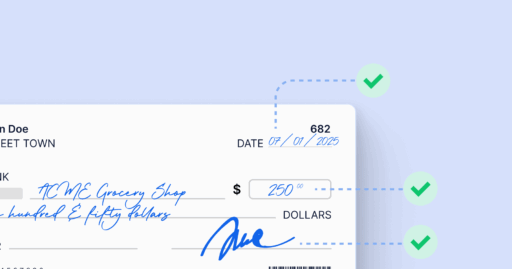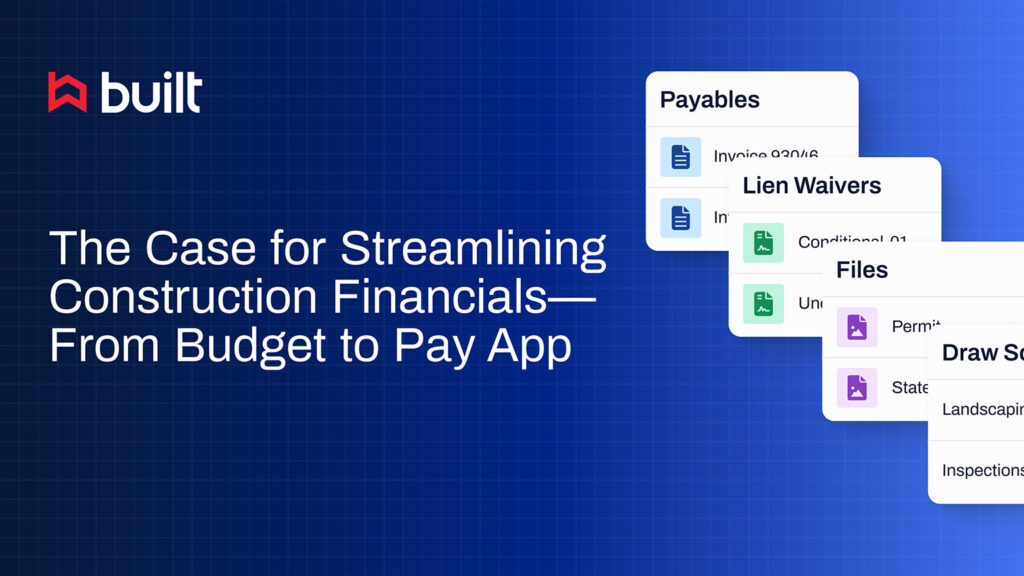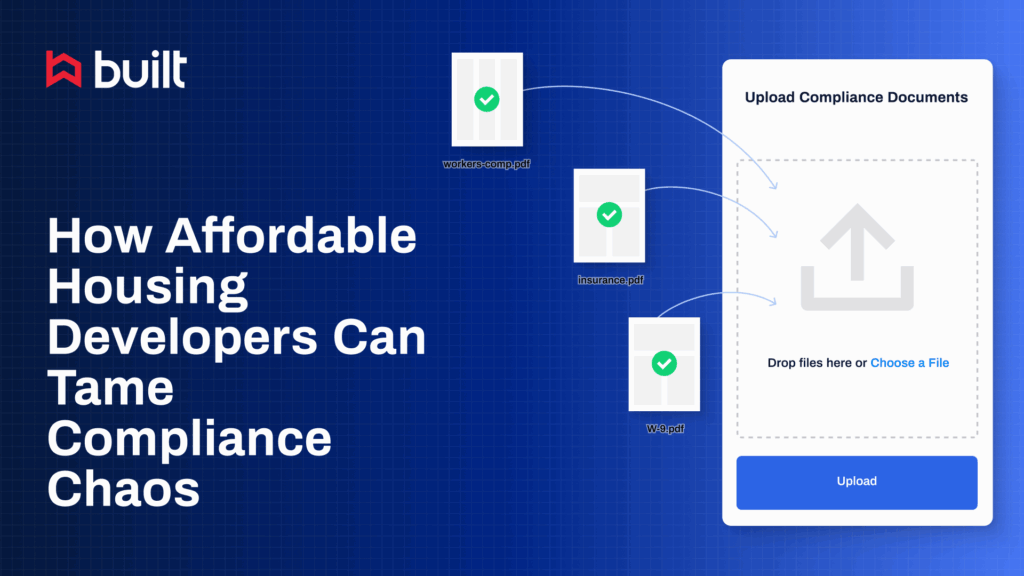
Introducing Trade Partner Management:The Holistic Solution to Subcontractor Qualification

Why Trade Partner Management is essential but risky
Imagine a building without proper plumbing, no flooring, and spotty electrical wiring. Doesn’t exactly sound like an environment people might want to find themselves in. For an owner, working with the right trade partner is crucial. They ensure things get built on time and protect the quality of buildings. Their dedication and countless hours of experience allow general contractors and property developers to trust them wholeheartedly (most of the time). Without the special skills leveraged by tradespeople, the integrity of any project is reduced to nothing.
For a general contractor, reputation is the deciding factor for customers considering them for a project. As many property developers know, one project gone bad can have a massive impact on the business. Having a sour history of working with subpar trade partners can tarnish a reputation, and ultimately affect any GC’s business, sometimes beyond repair. To avoid working with a poor subcontractor, a GC must verify the trade partner to ensure they are fit to accomplish the job. This includes researching, prospecting, and vetting subcontractors before eventually hiring the right fit. The procedure, known as trade partner prequalification, is extremely valuable.
It’s also inherently risky.
The Current State of Trade Partner Management
Naturally, every project in the commercial sector is distinct. It’s essential to ensure that the project is properly scoped so that a construction business can provide an owner with what they want. Finding business partners that can do this task while offering adequate scope coverage is not easy. Many companies are starting to rely on technology to assist with this endeavor. However, it is common to rely on different tech providers – some more advanced than others – for prequalification, compliance, document verification, and payment management.
This model relies on many integrations or hours of tedious, duplicative data entry. Even if the best general contractors prequalify subcontractors for a project correctly, they still need to keep track of their subcontractors’ financial, bonding, safety, and performance status across all job sites. This information is difficult to manage and is expensive.
Fragmented Workflows
For example, the sheer amount of documents needed for GCs to ensure they’ve fully prequalified a subcontractor can be overwhelming. Included in this stack of papers could be a contractor’s certificate of insurance (COI), references, employee profiles, financial history, certifications, historical project portfolio, and more. The process for obtaining those documents might mean a sluggish email chain where files can be lost or forgotten. Precious hours or days spent just trying to organize them can take away from actual work. Simply put, the workflow to obtain and organize trade partner documents (of which there are many) is fragmented.
Another example could be the monitoring process; how can owners mitigate risks proactively? Say a subcontractor decides to go rogue on a project. Perhaps they’ve completely ignored the scope of work and have installed unapproved materials. Without accessing technology, GCs are in the dark. Risks can turn into issues quickly, but most builders are left flat-footed when problems arise. Managing risks proactively can become an immense undertaking. Worrying about compliance should not be commonplace. So, what is the solution?
While several companies allow access to pieces of information, a holistic, comprehensive solution is yet to find footing in the marketplace.
A few companies deliver solutions to simplify prequal but don’t offer documentation or compliance management. Other firms supply contract origination insights, but no monitoring. For a subcontractor or supplier, gathering and providing all the required compliance documentation to be reviewed for each project takes time and is clunky when done manually. For a builder, finding new, suitable trade partners for new project types in your region, or expanding to other places, is a difficult undertaking.
Built’s Solution
Trade Partner Management from Built is a suite of tools that help project stakeholders in the construction industry identify, evaluate, and verify trade partners before, during, and after a project. Built’s solution gives medium and large General Contractors, Homebuilders, Property Developers, and Owners what they need to find the best partners.
You can ensure compliance throughout the project lifecycle by integrating key industry risk management data with best-in-class trade partner management tools. Trade Partner Management consolidates the data into a single, useful view, from prequalification through project fulfillment.
By performing thorough trade partner prequalification, compliance management, contractor monitoring, and document verification, you can streamline supplier onboarding and reduce risk on every project.
Trade Partner Management houses everything needed for a successful prequal under one roof. We’ve included a portal for contractors so they can send information and documents quickly through the system. Offload the review and approval of trade partner Certificates of Insurance (COIs).
After you’ve identified compliant subs and started a project, you want to ensure they remain compliant throughout the project. Built provides proactive alerts when policies are about to lapse to ensure that your subs on a job are never at risk of lapsed coverage in the event of an accident.
As a general contractor, harboring all the required information regarding your trade partners can be exhausting. Mismanagement of this information can be costly (not just financially). With Built, one location contains everything you need, saving time and money, and ultimately protecting your reputation.
